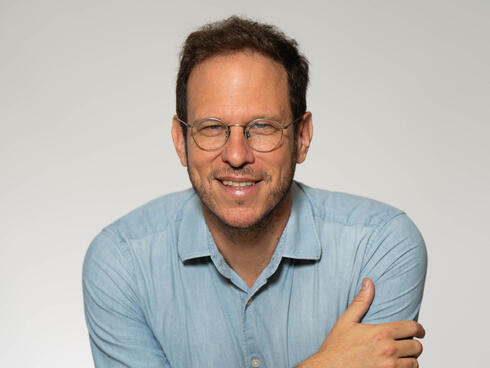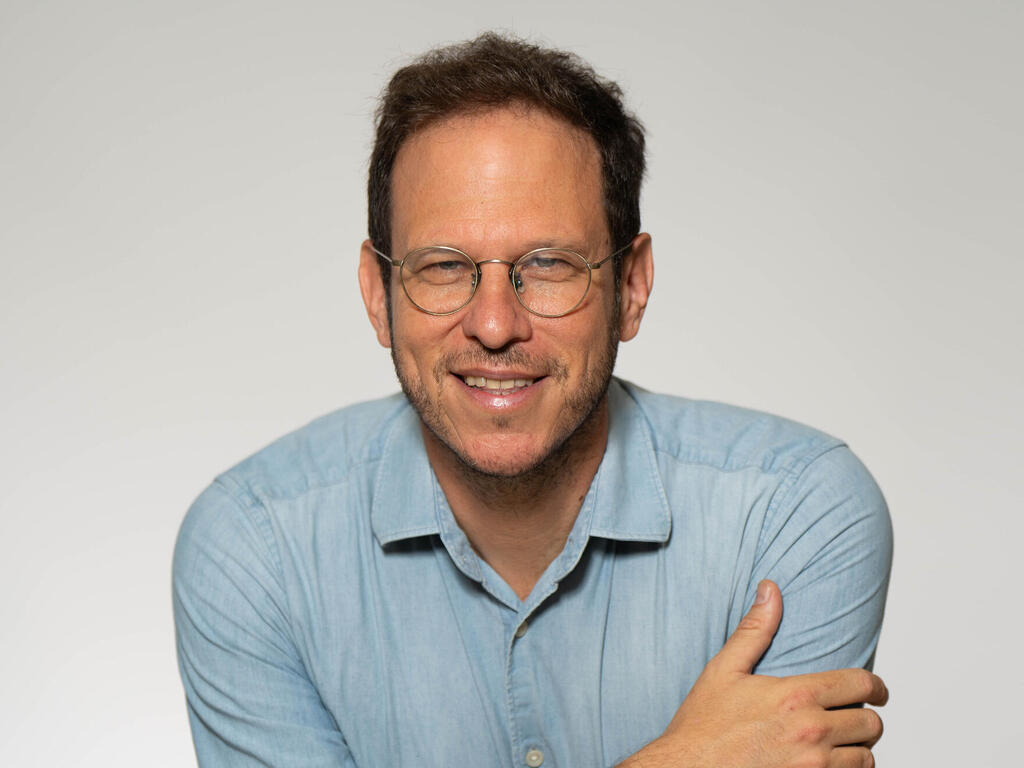
Opinion
Can AI replace humanity?
A look at why AI's reliance on algorithms can never fully replicate the human spark of innovation.
In this age, increasingly dominated by technology and artificial intelligence (AI), it's only natural to wonder what aspects of the human experience remain beyond the capabilities of AI.
Among the countless qualities that distinguish human beings from AI, creativity stands out as a defining and incomparable human quality, alongside abilities such as empathy, morality, self-awareness, emotional intelligence and intuition.
Creativity is a human capability that I have been researching with astonishment for several years. As a neurologist who treats patients with Parkinson's disease at Beilinson Hospital, one of my research interests raises the hypothesis that it may be possible to harness creative impulses to alleviate some of the motor symptoms in those dealing with Parkinson's disease.
1 View gallery


Johnathan Reiner, Head of Neuromodulation Service at Beilinson Medical Center, Israel.
(Photo: Rami Zeranger)
Creativity is often described as the ability to generate new and valuable ideas, or solutions. It involves not only the ability to think outside the box but also the ability to connect between remote concepts in unique and novel ways. The creative being challenges norms in order to break boundaries and explore unconventional ideas. It is in this realm where AI falls short.
Human creativity is a deeply subjective experience, intertwined with individual emotions, experiences and perspectives, which provide a richness that AI, despite its advances, struggles to imitate.
In the business world, creativity is the main driving force for innovation, strategic thinking and brand differentiation. The ability, for example, to imagine new products and develop marketing strategies, relies on a compassionate perspective and in-depth understanding of human needs and aesthetics. AI may provide support by analyzing consumer data, predicting trends and even suggesting improvements based on past performance. However, it lacks the ability to capture the subtleties and complexities of the human experience.
Similarly, in technology, creativity drives progress in software development, user experience design and innovative applications. True technological breakthroughs often arise from the ability to imagine entirely new paradigms, or solve problems in surprising ways not immediately obvious.
Thus, for example, the development of the World Wide Web. The vision of Tim Berners-Lee, the founding father of the Internet, was not based solely on the networking of computers, but on the creation of a universal space for sharing information. This idea required a leap of imagination and a deep understanding of the potential social impact of such technology - elements that go beyond mere technical problem solving. AI once again may support such processes by providing insights related to data or designs, but it cannot independently imagine new technological ecosystems, or predict their social consequences.
AI is certainly responsible for various-scale revolutions in many areas of our lives, but it is currently unable to imitate emotional intelligence and empathy. Real understanding and regard for human emotions is an innate human trait. AI can analyse sentiment, however it cannot truly feel emotions or offer the nuanced understanding that comes from human empathy. These positions are essential for senior management, leadership and consulting positions.
Moreover, while AI can be programmed with ethical guidelines, it lacks moral capacity and the ability to understand and deeply consider ethical dilemmas in the same way that humans do. Human moral thinking is influenced by personal experience, cultural context and social values, which are difficult to fully reproduce in machines.
Machines are yet to be able to replicate self-awareness and intuition. Human intuition is shaped by a combination of experience, emotional awareness and subconscious processing. While AI may recognize patterns, it does not react to ‘gut feelings’ like humans do. Intuition plays a key role in decision making in an ever changing, dynamic and unpredictable business environment.
In response to the question that has been hovering over us in recent years: Is artificial intelligence going to replace humans?
At this point it seems that the answer is no, much due to the human mind.
Our brain is not limited to pre-defined rules and has complex neural networks that will always maintain their superiority to AI. Our brain can innovate, imagine and solve humane problems in ways that artificial intelligence, which depends on past data and algorithms, cannot precisely replicate.
Johnathan Reiner is a Senior Neurologist, Head of Neuromodulation Service at Beilinson Medical Center, Israel.














